Cargo Integrity Group publishes list of cargoes of concern that can compromise supply chain safety
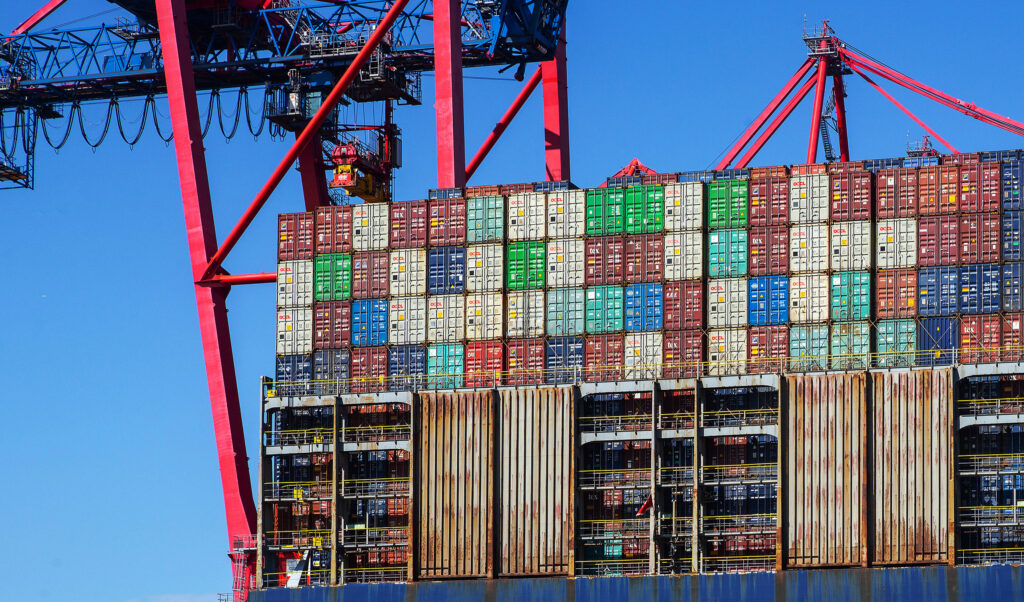
A few days ago, the Cargo Integrity Group, an initiative of the International Cargo Handling Coordination Association – ICHCA, published a list of 15 “cargoes of concern” that are normally transported in containers and whose hazardous nature is not always so obvious, such as the potential danger of lithium-ion batteries. For example, the list contains important information on the flammable properties of seed cakes or the dangers associated with cocoa butter or vegetable oils.
IATA presented additions to its dangerous goods regulations at the end of April
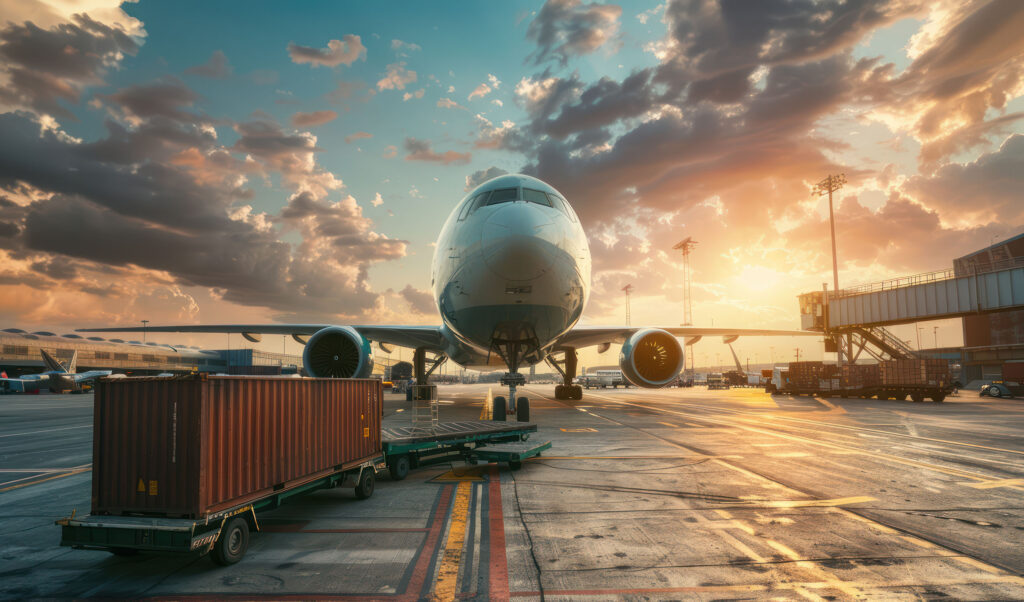
On April 30, 2024, the International Air Transport Association IATA published additions and corrections to the 65th edition of the IATA Dangerous Goods Regulations (DGR). The changes mainly relate to the transportation of aerosols and radioactive substances, as well as the transportation of battery-powered mobility aids such as wheelchairs on aircraft. A new annex provides information for the first time on planned innovations for 2025 and 2026. After all, it is about future technologies such as the safety of sodium-ion batteries.
More security in RAS Cargo thanks to important procedural changes
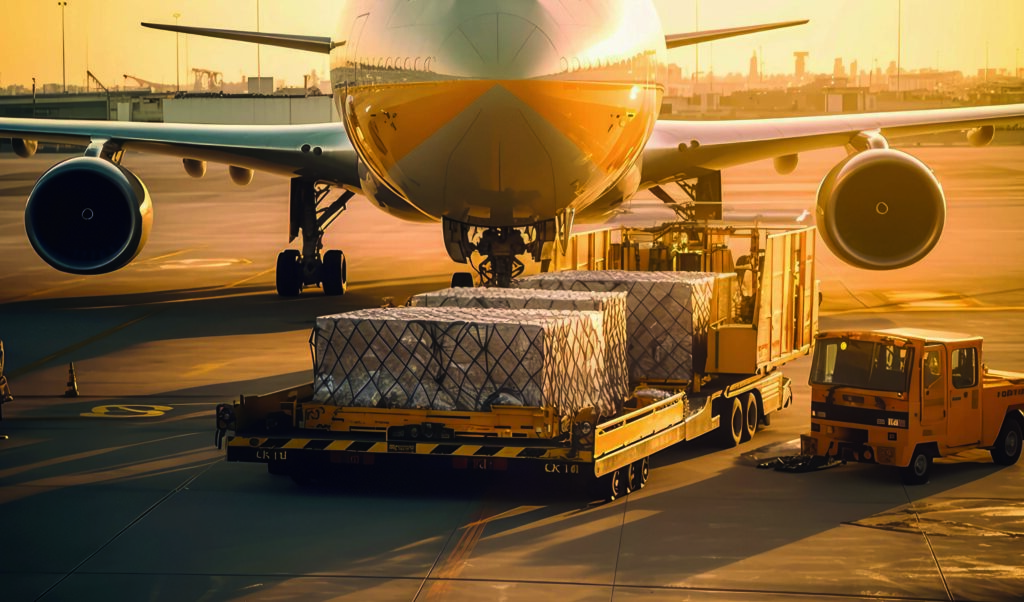
There are important current changes in RAS-Cargo, which I will present below. France has taken on a pioneering role here. It is about changes that will increase the safety of air freight transportation in the future. After all, a not inconsiderable proportion of dangerous goods transported worldwide are now transported by air.
New ECHA CHEM online database launched

The European Union has been taking care of the central collection of chemicals since 2016. The European Chemicals Agency ECHA has set up a central online platform for this purpose. It lists all registered substances and also provides a lot of additional information on handling chemicals. However, after six years, the underlying technical platform was no longer able to cope with the enormous data volumes of more than 360,000 chemicals. That is why the European Chemicals Agency announced a new system as early as 2022. The new version went online a few weeks ago, specifically on January 30, 2024.
Hazardous substances in everyday life

Very few families have a supply chain expert. Many people forget that small quantities of dangerous goods are an essential part of our everyday lives and must be handled and transported with care. This is because even small quantities can cause injuries or burns, trigger fires and explosions and pollute the environment if handled improperly or if damaged. Therefore, always remember that hazardous goods are everywhere in our daily lives and must be handled with special care. Hidden components can cause injuries if used improperly or if unprofessional repair attempts are made.
Challenges and opportunities of digitalization in dangerous goods logistics
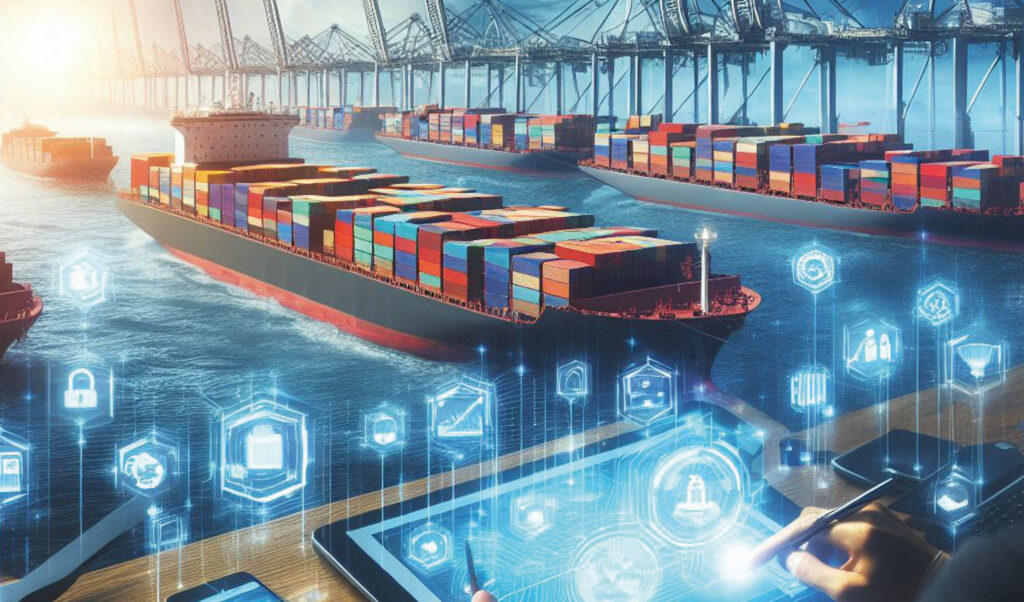
Agile, flexible, technically adept – that’s Logward GmbH & Co. KG, a company of the Leschaco Group. Founded in 2018, the technology company combines many years of industry experience in logistics with IT expertise in a supply chain orchestration control tower. As a highly scalable industry platform, Logward combines functionalities from transport, procurement and purchasing for all transport modalities in an easy-to-configure no-code platform. With various application packages, Logward covers the entire life cycle of the logistics supply chain: from procure-to-pay to order-to-cash. Jonas Krumland has been CEO of the company since it was founded. In a guest article for the dangerous goods logistics blog, he explains the idea and vision behind Logward.
Dangerous goods logistics is a question of trust

A few days ago, I met with Oliver Oestreich, COO of the Leschaco Group, to discuss current challenges in dangerous goods logistics. The first part was about developments in specialty chemicals, globalization, logistics software and important certificates for logisticians. The second part is all about knowledge management, battery logistics and the future market of waste logistics.
Dangerous goods logistics is a question of competence and trust

Oliver Oestreich has been a member of the Leschaco Group’s management team since 2003. As Chief Operating Officer (COO), he is responsible for the global sea freight forwarding business, sales in the chemical and automotive sectors and for quality management, environment, compliance and safety. He knows the challenges of dangerous goods logistics, their development over the past twenty years, but also the current trends like few others in the international logistics industry. In April 2024, he will retire after a long career. He has already been preparing his successor Nils Fahrenholz for his new tasks for several months. For the dangerous goods logistics blog, Oliver Oestreich took the time to talk to Michael Kausch in detail about the current challenges in dangerous goods logistics and the most important markets.
Lithium batteries – An IATA white paper on the transportation of dangerous goods by air

Lithium batteries are dangerous goods. We have known this since the catastrophe of the transport ship “Felicity Age“, which sank in the waters of the North Atlantic off the Azores in spring 2022 after a major fire, presumably after a lithium-ion battery in the cargo caught fire. Shipping accidents involving lithium batteries almost regularly fill the leading media and the books of insurance companies. But of course aviation logistics is also concerned with the risks posed by batteries. The International Air Transport Association (IATA) has now published a white paper with the attractive title “Make Lithium Batteries safe to ship”. The paper deals with incidents involving lithium batteries and ways to make battery logistics in air transportation safer. We have taken a look at this document for the readers of Leschaco’s dangerous goods blog.
The advantages of tank containers compared to flexibags in the transport of hazardous liquids
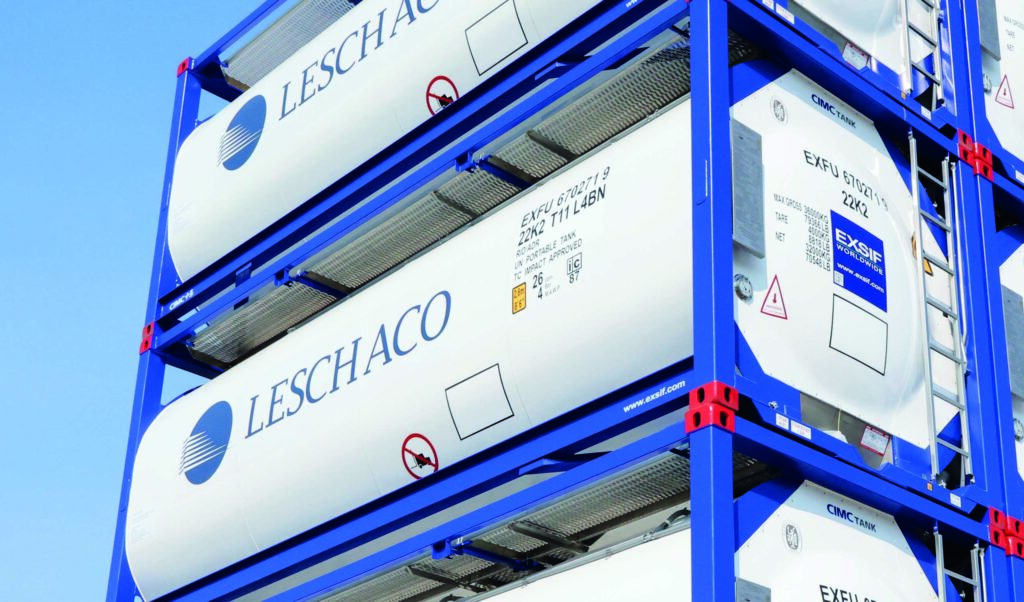
For the safe and efficient transport of liquids in dangerous goods logistics, logistics companies must take into account a wide variety of requirements for “ideal transport conditions”. Tank containers and flexibags play a major role here. How do these two alternatives actually differ? This article attempts to bring clarity to an often confusing discussion. Tank containers are closed, robust containers made of high-quality stainless steel and offer a high level of protection and great safety against external influences, against leakage and contamination. They can be used to transport a wide variety of liquids, including toxic chemicals, sensitive food ingredients and pharmaceutical products.
